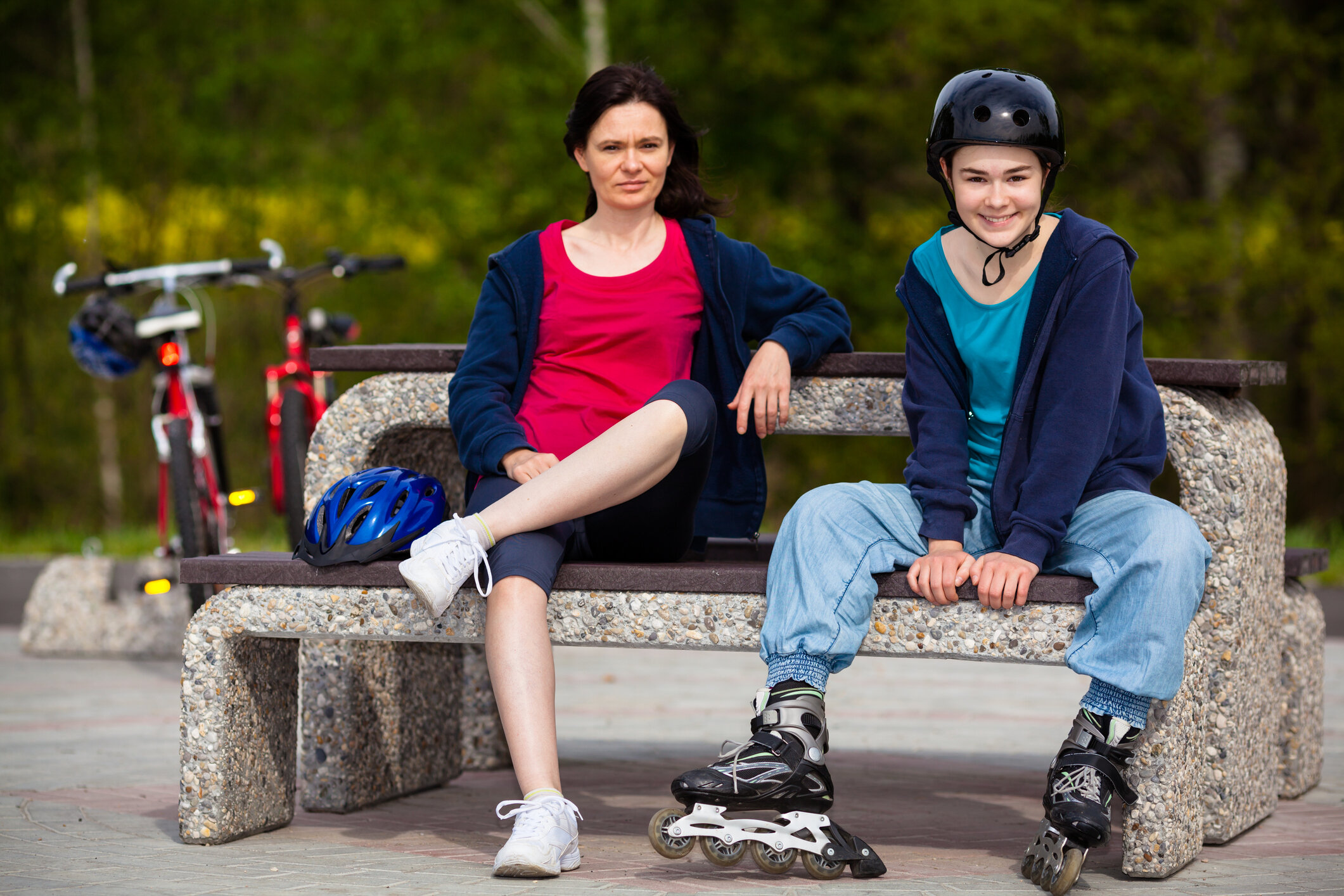How to Reduce Teen Depression with Exercise
Multiple studies have shown that exercise is an effective treatment for depression. In fact, in some cases, exercise is just as effective as antidepressants, without the unwelcome side effects.
Antidepressants are a great solution for some people, but when depression is mild, all you might need is a regular strength-training session or run around the neighborhood to get an emotional boost.
Teens, Depression, and Exercise
When it comes to teens, the connection between mental health and exercise is even more striking, especially when you look at the rates of depression among teenagers.
In 2017, 13% of teens reported that they had had a depressive episode in the past year, up from 8% in 2007. No doubt the rates have gone up even more over the past 3 years and particularly during the pandemic!
Some experts believe that the rise in teen depression mirrors the advent of social media. Social media is increasing isolation, lowering self-esteem, and making it more difficult for teens to live in the moment. It’s also decreasing the amount of time teens spend engaging in physical activity, which is one of the best ways to bolster mental health.
Here are a just a few of the benefits of regular exercise for teenagers:
Higher self-esteem and better body image
Better sleep quality (see our post on teens and sleep for more ways to improve sleep)
Lower cortisol levels, which means less stress
Reduced risk of substance abuse
Better mood via increased serotonin, endorphins, and norepinephrine
As you can see, the benefits are substantial. Who doesn’t want all these things for their kids?
The last bullet point is particularly important. With teen depression on the rise, it’s more important than ever to fight back. Antidepressants have mixed success depending on the person, so a natural solution like exercise is especially welcome.
Even Light Exercise Has Tremendous Anti-Depressive Effects
While team sports are a great option for teenagers, they obviously don’t appeal to everyone. The good news is that even light exercise has a significant impact on mental health outcomes from teens. Studies suggest that at least an hour of activity per day is ideal, with the frequency being more important than the intensity.
Researchers are recommending that schools incorporate more movement into the school day, but there are many ways to increase your teen’s activity levels starting today. Why not plan weekends around activities like hiking? Or schedule regular homework breaks when your teen gets up and walks around the block? Doing these things will incrementally increase activity levels while easily fitting in your regular schedule.
Depression Prevention Now Has Long-Term Benefits for Teens
The symptoms of depression often start showing up in high school or college. We’re not totally sure why, but it’s probably because the brain is going through so many rapid changes during the transition to adulthood.
By encouraging your teenager to exercise, you are significantly reducing his or her risk of depression both now and in the future. What a gift you can give to your child!
You’ll also help your teen establish a regular exercise routine now, so that as an adult he or she is more likely to be active.
Whether it’s a team sport or just simple walks as a family, regular exercise will do wonders for your teen’s mental health in general and depression risk in particular.
If you’re teen is already struggling with mental health issues, you may also need something like therapy in addition to exercise. Our experienced teen therapists are here to help! Check out their bios here. If your teen is experience self harming or suicidal thoughts, please call 911 right away.



